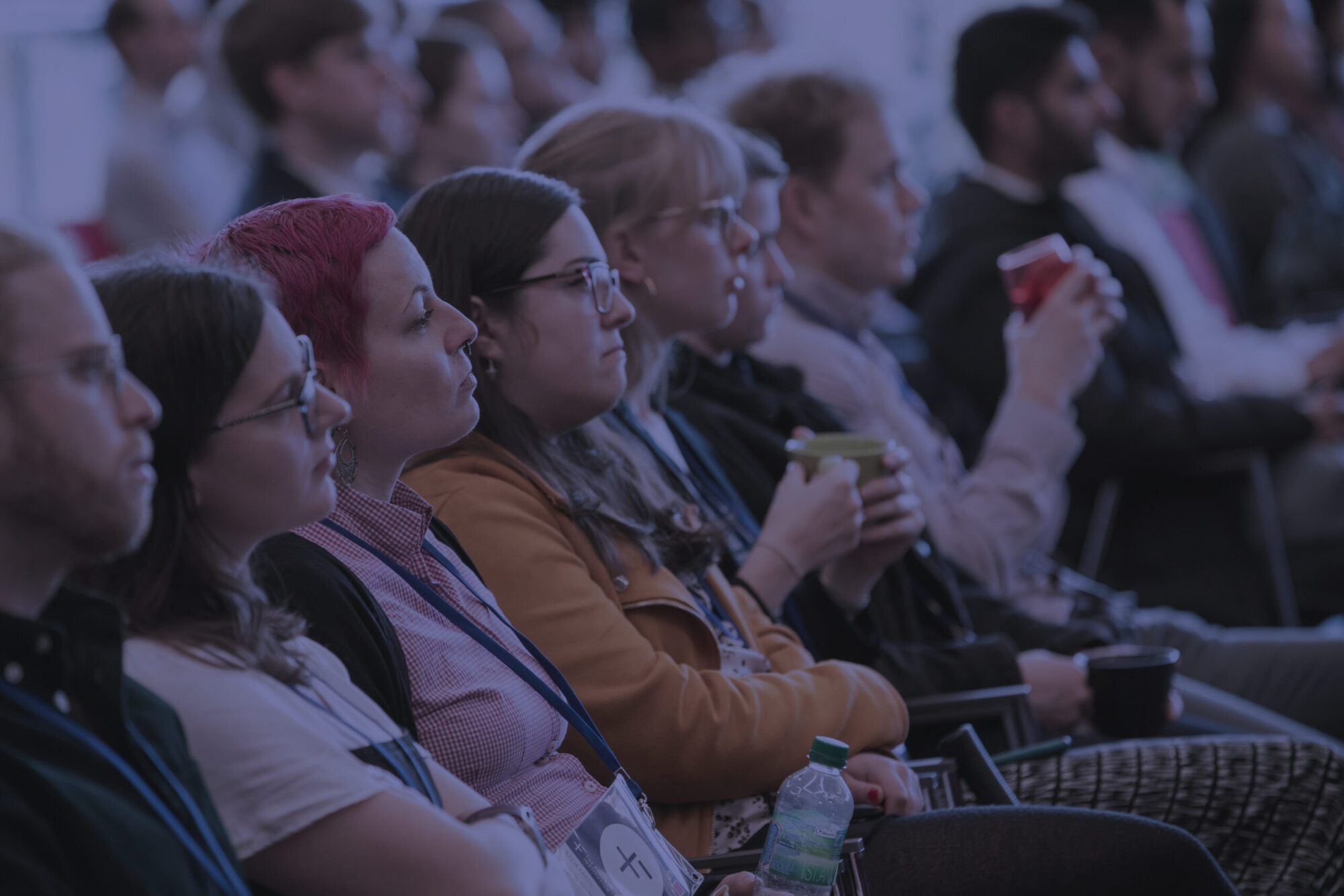Attendees will have the opportunity to participate in a choice of professional development training workshops that have been built into the conference programme which are being delivered by leading training providers.
Which skills will you develop at the event? Your choices are:
- An interactive session on the Imposter Syndrome phenomena and acquire tools to prevent self-doubt from interfering with your research and career (with Dr Marc Reid).
- An Essentials of Data Visualisation session to understand the craft of visual communication and how best to present your data and research (with Dr Andy Kirk)
- An opportunity to improve your time management skills (with Dr Jamie Gallagher)
- An in-depth Scientific Writing Masterclass providing you the skills on how to become better communicators of complex scientific ideas (with Nature Research Academies)
- A session to provide those who are starting to think about a Fellowship application with more information and detail on the entire process (with the Postdoc and Fellows Development Centre at Imperial College London)
- A crash course in the Fundamentals of IP and Patents and how these can relate to your research in the battery sector (with Mewburn Ellis LLP)
Please choose your workshop when you register for the conference. Please note attendees can only choose one workshop each to attend.
